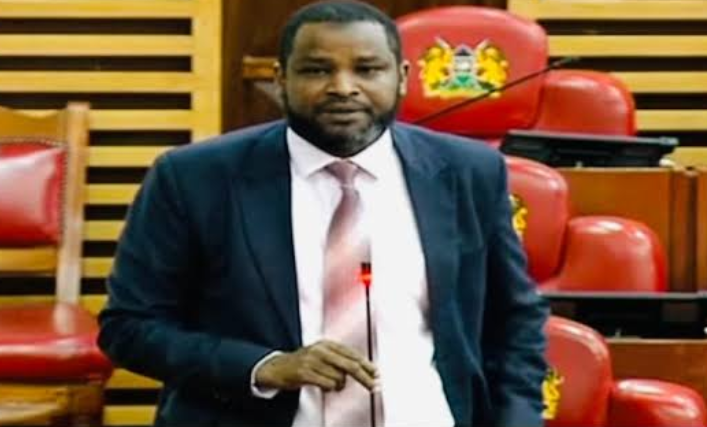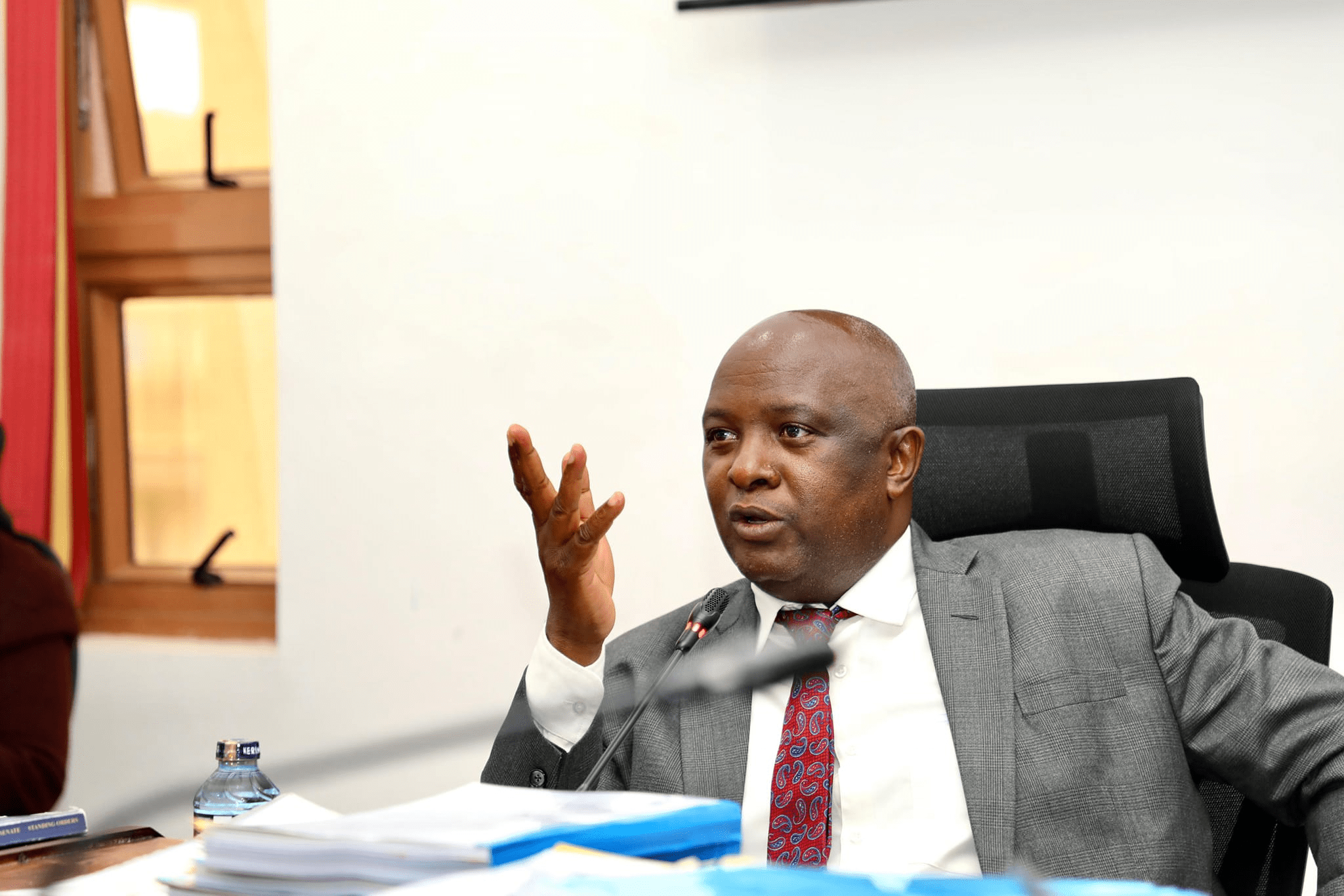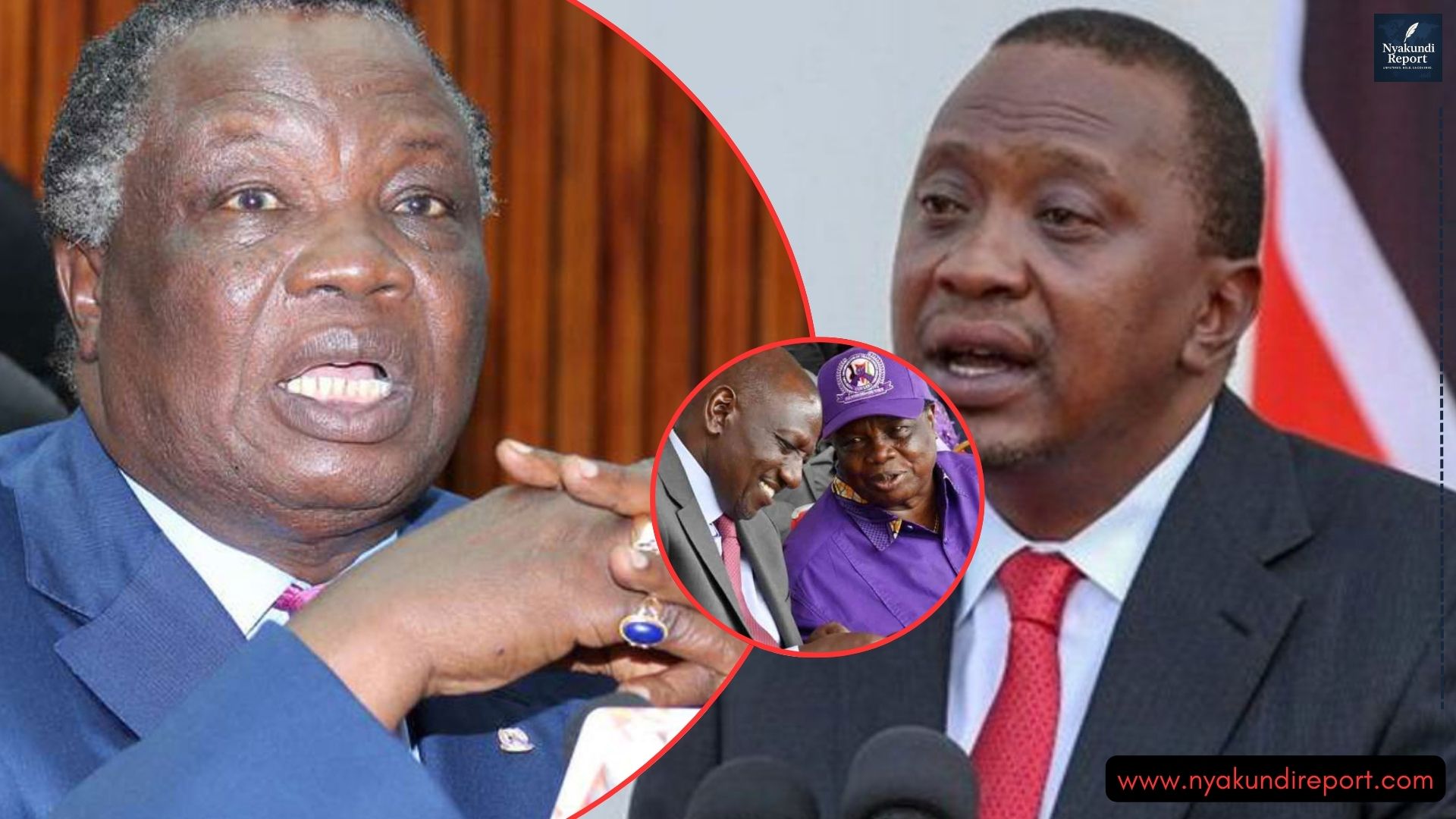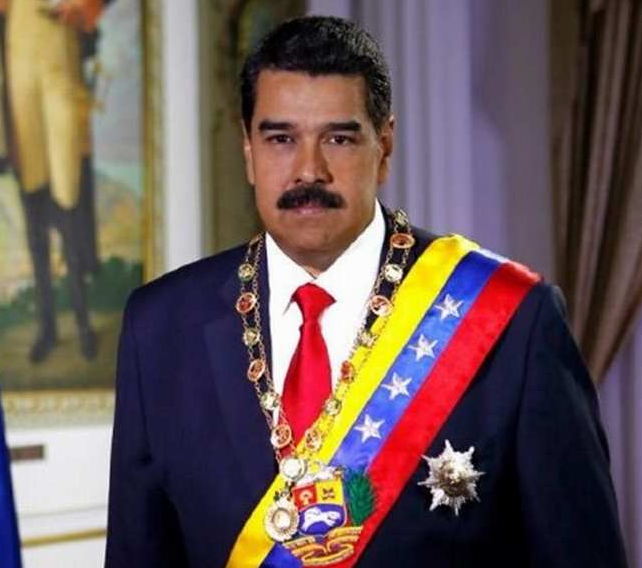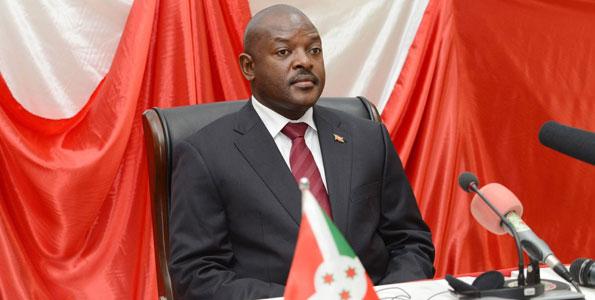Nairobi Governor Johnson Sakaja has carried out a sweeping reshuffle that has thrown City Hall into a fresh political debate. The most notable change is the sudden removal of Geoffrey Mosiria from the environment docket, a move that signals shifting power lines inside the Nairobi County government.
Sakaja transferred Mosiria to the Citizen Engagement and Customer Service office, ending his tenure in a docket that has faced sharp public scrutiny. The reshuffle affects ten senior officers and sets the stage for a new governance direction in Kenya’s capital.

Geoffrey Mosiria Shift Raises Fresh Questions Over County Leadership Strategy
Governor Sakaja signed the notice on Tuesday, November 18, confirming that Geoffrey Mosiria would leave the environment docket with immediate effect. The move surprised many political watchers who expected stability in the department following months of intense environmental complaints from city residents.
Sakaja defended the reshuffle, saying it was guided by Section 45(5) of the County Government Act 2012. He insisted the changes were meant to strengthen service delivery and place the right talent in the right offices.
In Mosiria’s place, Hibrahim Otieno will now head the Environment and Climate Change department. Otieno previously led the Medical Facilities docket, a role that demanded crisis management skills and a strong command of public health administration.
The changes mark one of Sakaja’s most extensive internal reorganizations since taking office. They reflect his growing determination to realign City Hall with his political agenda while tightening control over key service delivery departments.
Major Changes Beyond Geoffrey Mosiria Reveal Deep Reorganisation
The reshuffle goes far beyond Geoffrey Mosiria and cuts across major functions of the county government.
Godfrey Akumali has been moved from the Business and Hustler Opportunities docket to Housing and Urban Renewal. His transfer positions him at the centre of Nairobi’s increasingly tense housing debates, where the governor has pledged to accelerate urban regeneration projects.
Tony Michale Kimani, previously leading Social Services, has transitioned to head Social Services and Estate Management. His new role gives him wider authority over estate operations, a sector often burdened by disputes, slow service delivery, and land management battles.
Lydia Mathia, formerly the Chief Officer for Housing and Urban Renewal, will now take over the Business and Hustler Opportunities docket. Her entry injects political weight into a department that has grown in relevance due to Nairobi’s rising informal economy.
Sande Oyolo, who led Digital Economy and Startups, has been reassigned to Medical Facilities. The move places Oyolo in a more sensitive docket that deals directly with public health and facility management.

Power Realignments Hit Nairobi’s Innovation And Mobility Sectors
Reassignments in tech and mobility sectors reveal deeper strategic shifts. Wilson Gakuya, who led the Smart Nairobi sector, will now head the Digital Economy and Start Ups department. His new task focuses on building Nairobi’s technology infrastructure and empowering youth-led innovation.
Mache Waikenda has moved from the Mobility sector to the Mobility and AG ICT Infrastructure docket. This expanded role positions him to influence the future of transport systems, digital connectivity, and infrastructural upgrades.
Meanwhile, Clement Rapudo has shifted from City Culture, Arts, and Tourism to the Smart Nairobi sector. His new position links him to the county’s digital transformation and smart city plans, placing him at the centre of tech-driven governance.
Zipporah Mwangi now takes over the City Culture, Arts, and Tourism docket after leaving Citizen Engagement and Customer Service. Her transfer is expected to influence Nairobi’s cultural programming at a time when the county is pushing to grow creative economy opportunities.
What The Geoffrey Mosiria Move Means For Governance In Nairobi
The removal of Geoffrey Mosiria from the environment department continues to draw interest. The docket is critical, given Nairobi’s garbage challenges, air pollution crises, clogged drainage systems, and rising environmental complaints.
Mosiria’s new assignment places him in charge of citizen engagement, a politically sensitive sector. His role will involve managing public concerns, coordinating feedback channels, and shaping how City Hall interacts with Nairobi residents.
Chief officers hold significant responsibility. They manage day-to-day departmental functions, oversee staff deployment, and drive policy implementation. Their performance often determines how smoothly Nairobi runs.
Sakaja’s latest decisions show a leadership style that favours rapid realignments over slow, negotiated transitions. The governor appears determined to solidify control, improve efficiency, and inject new energy into key departments.
Whether this reshuffle will address service delivery issues or deepen internal tensions remains to be seen. But one thing is clear. The reassignment of Geoffrey Mosiria has once again pushed Nairobi politics into the spotlight.




